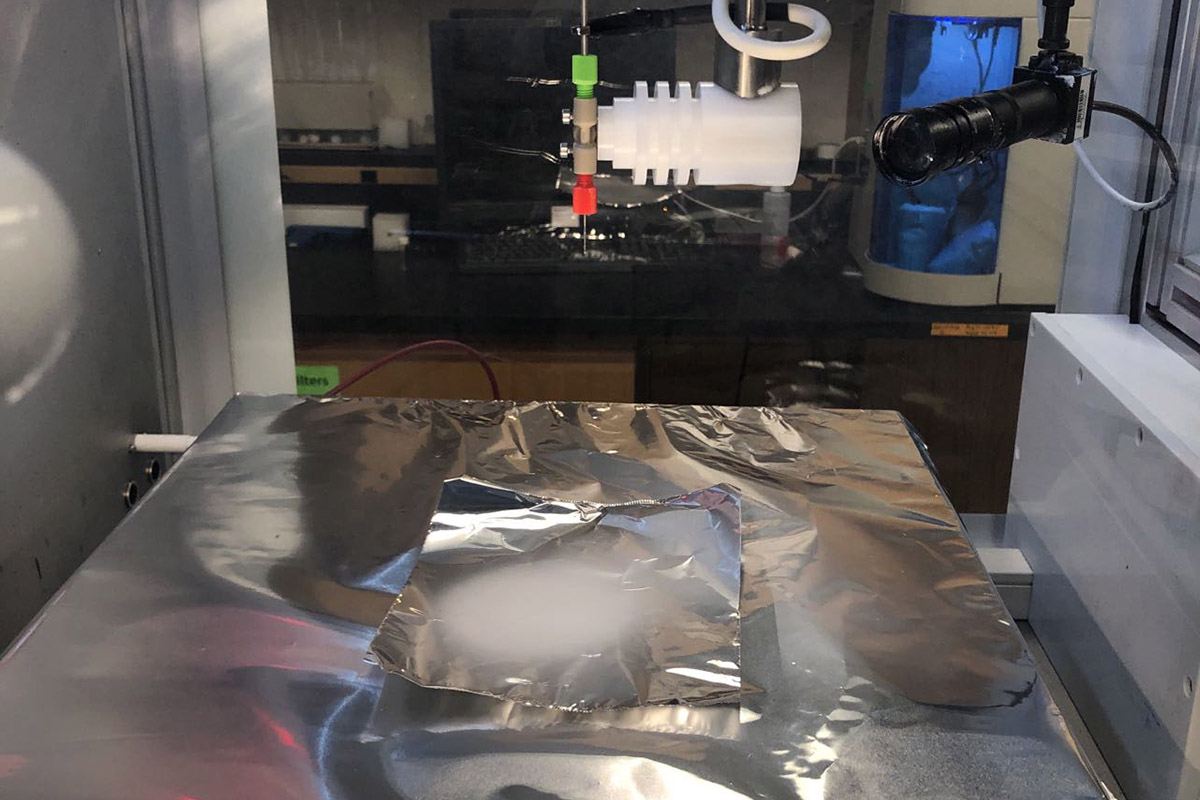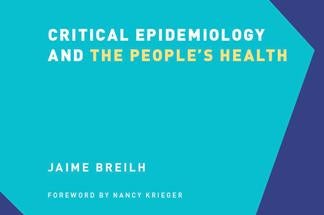Photo by: Pixabay user kc0uvb
From laser printers to the chair you’re sitting on, everyday products can hold chemicals that are potentially dangerous.
Why it Matters: Chemicals used in some common goods can have long-lasting effects on health. Many plastic products and stain repellent coatings, for example, are made from molecules with fluorine-carbon bonds, which never fully degrade. Once they make it into the environment or our bodies, they stay there. Some of those chemicals are linked to testicular cancer, kidney cancer, high cholesterol and suppression of vaccine effectiveness in children.
Plastic Products: Phthalates—synthetic chemicals used in products from vinyl flooring to food packaging to medical tubing to cosmetics—can cause reproductive harms. Studies from Harvard Chan School have shown that they can disrupt hormones, increase the risk of gestational diabetes, and raise risks of miscarriage.
Common Chemicals: Poly- and perfluoroalkyl substances (PFASs) are used in all sorts of applications, from stain repellent coatings to waterproofing sprays to firefighting foam. They can stick around for centuries. Harvard Chan School researchers found that PFASs can leach into groundwater near fire training areas, and eventually find their way into drinking water supplies. The chemicals are linked to cancer, immune dysfunction in children, obesity, thyroid disease, and other adverse health outcomes.
Laser Printer Toner: Recent studies have shown that laser printer toner powder can contain engineered nanoparticles (ENPs). Those ultra-small particles are released into the air during their use, and can work their way into the lungs, causing inflammation. Some of the ENPs go through chemical changes during printing, and form molecules similar to known carcinogens.
Resources:
- PFASs, chemicals commonly found in environment, may interfere with body weight regulation
- Synergistic effects of engineered nanoparticles and organics released from laser printers using nano-enabled toners: potential health implications from exposures to the emitted organic aerosol
- Geochemical and Hydrologic Factors Controlling Subsurface Transport of Poly- and Perfluoroalkyl Substances, Cape Cod, Massachusetts
- Exposure to phthalates may raise risk of pregnancy loss, gestational diabetes
- Stop Playing Whack-a-mole with Hazardous Chemicals
- These toxic chemicals are everywhere — even in your body. And they won’t ever go away.
- At Harvard Chan School, nano safety is no small concern

E-Cigarettes and Lung Disease
Chemicals linked with severe respiratory disease found in common e-cigarette flavors.

We need to get fossil gas out of homes, for the climate and our health
Our Health Equity Fellow Dr. Gaurab Basu explains what drove him to electrify his home.

Gas Stoves Are Tied to Health Concerns. Here’s How to Lower Your Risk.
Dr. Aaron Bernstein explains the health risks of gas stoves and how you can protect your health.

The health risks from cooking with gas stoves, explained
Our Director Dr. Aaron Bernstein speaks with CNBC about the health risks associated with gas stoves and how to stay safe.

Gas Piped Into Homes Contains Benzene and Other Risky Chemicals, Study Finds
Our study analyzed 234 samples of unburned natural gas in homes throughout the Greater Boston Area.

Scientists tested the natural gas used in kitchen stoves around Boston. They found dangerous chemicals.
Our scientists found 21 chemicals designated as hazardous by EPA.

'Smart' packaging preserves food and enhances safety without plastic waste
Researchers have developed an alternative “smart” packaging material that keeps harmful bacteria and spoilage microorganisms off of food and plastic pollution out of the environment.

At the Intersection of Human Migration and Climate Change
Lorem ipsum dolor sit amet, consectetur adipiscing elit. Suspendisse magna erat, porta ut porttitor vitae, egestas vel leo. Phasellus sit amet risus dui. Nullam at ante aliquet mauris elementum venenatis. Vivamus eget gravida elit. Proin ac enim placerat, malesuada nunc quis, blandit magna. Nunc cursus nunc sit amet dapibus viverra. Suspendisse purus sem, placerat et…

Data Science Webinar
Lorem ipsum dolor sit amet, consectetur adipiscing elit. Fusce vel hendrerit nisl. Nunc commodo mi et magna posuere, sagittis posuere massa eleifend. Morbi ullamcorper, nibh et tincidunt vulputate, ipsum tortor hendrerit tellus, vitae tempus urna felis sed tortor.

Can plant-based meat alternatives be part of a healthy and sustainable diet?
Our Director, Gina McCarthy, and Harvard School of Public Health Nutrition Chair, Frank Hu, give us food for thought in this op-ed.

Pushing Policy for Polishes
Although it is encouraging to see nail polish products eliminating some chemicals of concern, many challenges remain when nail technicians or consumers want to choose safer nail polishes.
